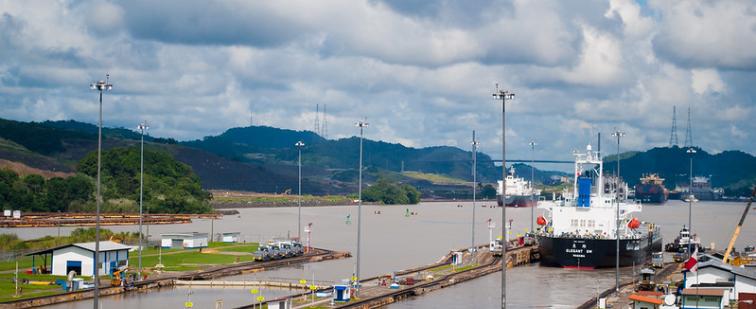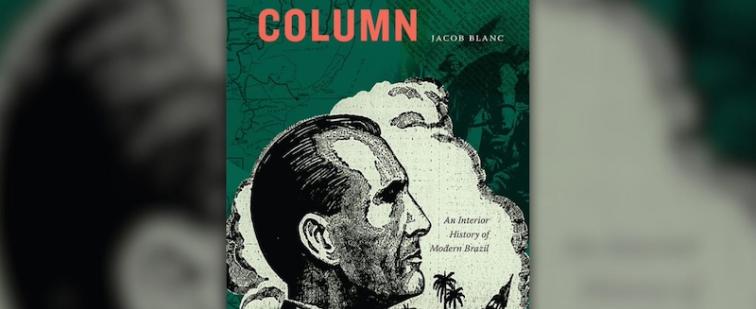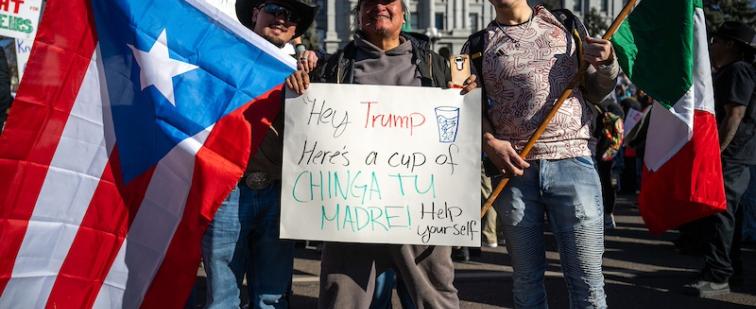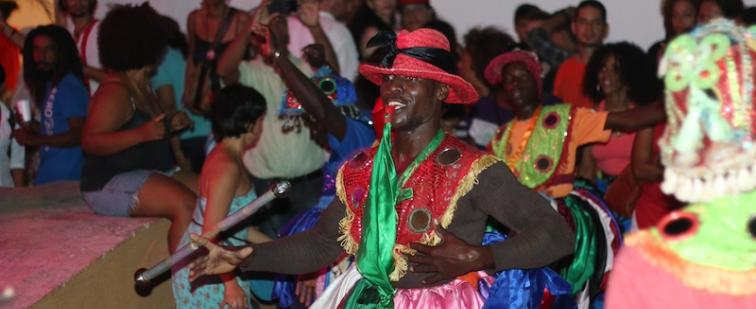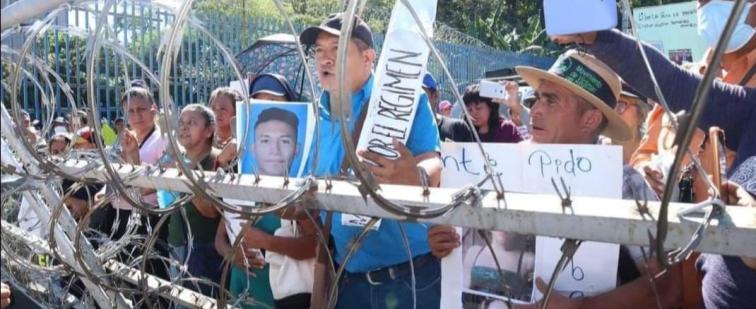Home
Rebel Currents
June 8, 2012
A World Bank tribunal ruled last week that the Pacific Rim Mining Corporation can't sue the government of El Salvador under DR-CAFTA for denying its mining permit—but can proceed under El Salvador's own investment law using the same international tribunal. The case could undermine the growing campaign in El Salvador to legally ban metallic mining.
Border Wars
June 7, 2012
As the Border Security Expo 2012 shows, the Arizona-Mexico border region is Ground Zero for the development of an immigration enforcement apparatus which soon enough may travel from the U.S. southern border to a neighborhood near you.
The Other Side of Paradise
June 7, 2012
This August will mark the 50th anniversary of independence of Jamaica and Trinidad, but will also signal the 50th anniversary of the demise of the West Indian Federation. To mark the occasion, on June 2nd, 2012, The Economist published an unforgiving appraisal of the failure of the West Indian Federation and the region in general, but as to be expected, it lacks any serious context as to why the Caribbean finds itself in its current situation.
Border Wars
June 6, 2012
Small towns and cities in Washington State may seem like unlikely places for abuses by the Border Patrol, but that is what has emerged there as the agency's presence in the U.S.-Canada borderlands has grown dramatically over the last several years. The situation presents significant challenges for the wellbeing of families and communities in the area, and for civil and human rights more broadly.
Manufacturing Contempt
June 4, 2012
Activists protested outside a May 7 event held by the Congressional Hispanic Leadership Institute to celebrate illegitimate Honduran leader Porfirio Lobo. As a result, EFE, a major Spanish news agency, filed a story on the gala with the headline (translated from Spanish): “Lobo seeks greater backing in the U.S., while activists organize protest.”
Border Wars
May 31, 2012
This week, more than 50 women and men will trek through 75 miles of ocotillo and saguaro cactus along the dry, desolate plains of the Sonoran Desert. But, as this video by Jake Ratner and Elena Stein shows, what they walk to witness is far from natural.
The Other Side of Paradise
May 31, 2012
Price wars between supermarkets seeking to gain the lowest possible cost of bananas has led to a race to the bottom which has no winners other than the large retailers and multinational corporations. The fundamental need for competitiveness overrides any moral incentive on the parts of the corporations.
Manufacturing Contempt
May 29, 2012
On May 3, World Press Freedom Day, the U.S. government condemned a litany of countries for the dangerous conditions in which journalists work. But Honduras was noticeably excluded from any official scrutiny. It seems safe to conclude that World Press Freedom Day is little more than a parade of double standards set by the United States, with media outlets serving as willing abettors.
May 29, 2012
Narco violence gets most of the headlines in Mexico, but state violence continues to be just as deadly, and the high degree of criminal infiltration into the institutions of the Mexican state sometimes makes it difficult to tell the difference. The recent murders of a courageous investigative reporter and an outspoken sociology professor drive home this difficulty.
Cuadernos Colombianos
May 29, 2012
Considering that the human toll now tops 50,000 fatalities, Mexico's War on Drugs could more accurately be described as a civil war. Nor is it an accident that Colombia’s new Patriotic March in Colombia echoes the voice of the Movement for Peace With Justice and Dignity in Mexico, identifying peace and social justice as the only rational approach to settling its own civil war.

